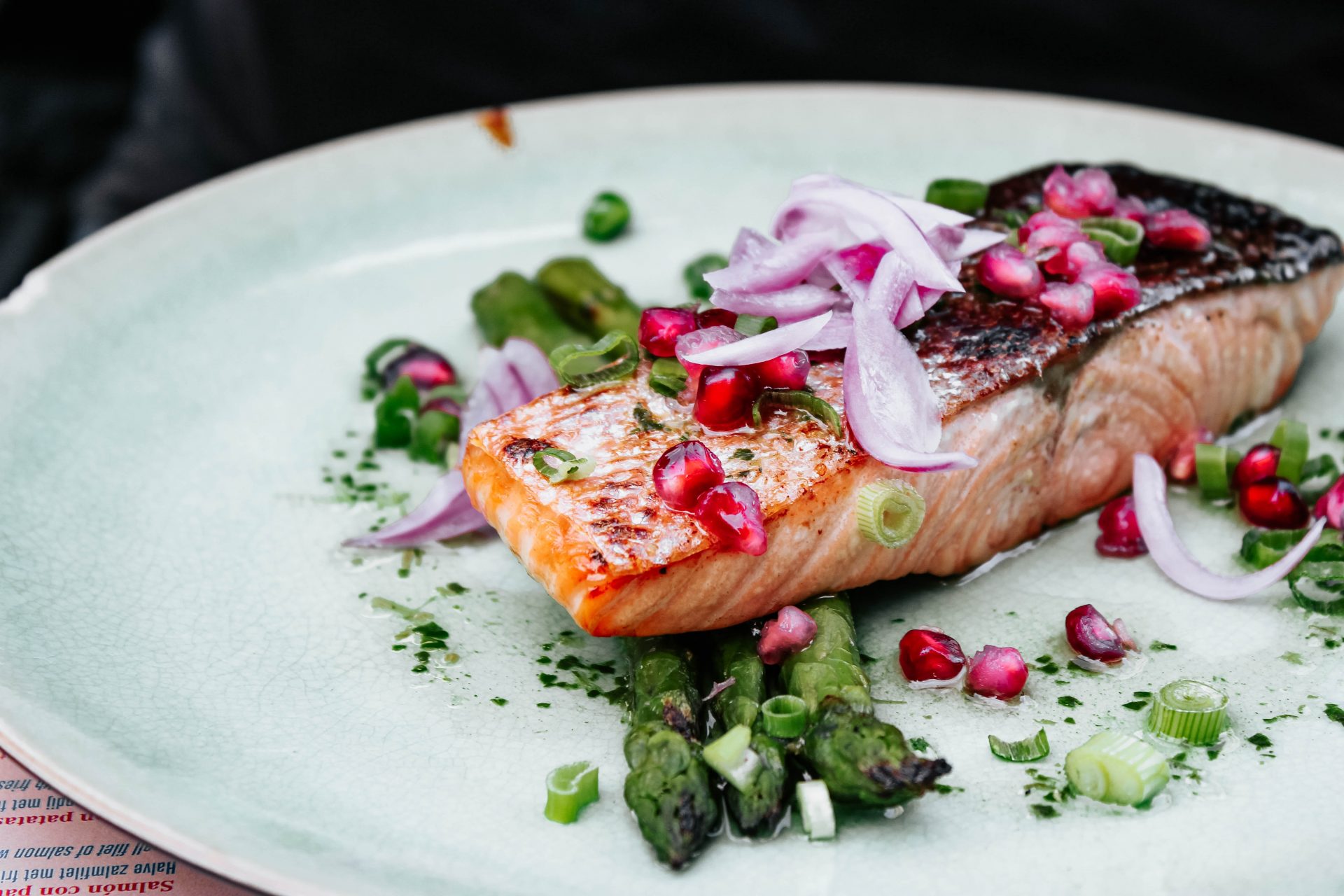Are you feeling frustrated and completely exhausted?
There are a number of protocols you can take however if the pain is not subsiding it’s really important that you seek medical attention – even if this is the last thing you want to do or the place you want to go. This can be a really scary time for many and mixed emotions can get in the way of making the right decision BUT it’s always best to get checkout out!
Eating a Low Residue Diet Whilst in a Flare-Up – what does this consist of and why will it help?
Resistant starch
A type of starch that isn’t fully broken down and absorbed, but rather turned into short-chain fatty acids by intestinal bacteria (acetate, propionate, and butyrate)
Once they enter the bowel they ferment and produce gas which can be painful, so try to avoid.
Fibre
Diarrhoea – Reduce Insoluble fibre
For example; Wholegrain bread, bran, cereals, nuts, seeds (not golden linseeds)
Constipation – Increase Soluble Fibre
For example; Oats, Barley, Rye, Fruit, Root vegetables, Golden linseeds
A systematic review showed fibre supplementation is beneficial in mild to moderate IBS-C and Chronic Constipation – Rao & Fedewa, (2015)
Consuming a low residue diet consists of:
Soft foods such as fish (white fish, salmon)
Well cook vegetables
White rice
White bread
Fresh fruit
Poultry
We offer low residue meals on all of our plans
meals
While following this diet you should also focus on:
Chewing foods slowly and thoroughly
Ensure that they are soft and well cooked
Avoid tough or stringy foods
Avoid skins, pips and seeds
Avoid raw or hard vegetables
Avoid tough, fibrous, gristly meat
Include as wide variety of suitable foods as possible
Some people may tolerate smooth, blended fruits and vegetables such as smoothies or soup
Contact your doctor, nurse or dietitian if you are unintentionally losing weight
What to Do if You’re Having a Flare Up? We offer smoothies and soups on our weekly plans
meals
If you need any help email us at:
info@katieslifekitchen.co.uk

